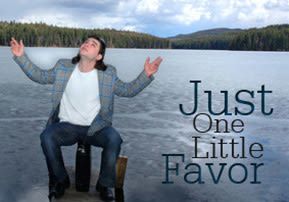
Just One Little Favor
When else can we ask for one little favor, and get away with requesting a whole shopping list? Elul is the time to do it...

“One thing I ask of Hashem, that which I desire” (Tehillim 27:4).
The Mishna Brura states (Shulchan Oruch, Orach Chaim 581:1, b), “The custom in our countries is to say from Rosh Chodesh Elul until Shmini Atzeret every day after the end of prayer services morning and evening ‘By David, Hashem is my light and my salvation, etc.’ [Tehillim 27].“
Traditionally, we say Psalm 27 during the month of Elul as a special request to Hashem to accept our prayers. Since Elul is the month of teshuva, we add additional Psalms and prayers of forgiveness to our daily liturgy. In Psalm 27 it states (27:9), “Conceal not Your Presence from me, repel not Your servant in anger.” We ask Hashem not to push us away, despite our shortcomings, for we seek His Divine Presence.
Psalm 27, consistent with all the other Psalms, shows how humbly Dovid Hamelech (King David) speaks to Hashem and makes his requests, like a poor man that deserves nothing. Yet, something is seemingly askew in this particular Psalm. Dovid Hamelech files his humble request in the beginning of verse 4, “One thing I ask of Hashem, that which I desire,” and then submits a long list of requests, including, “Let me dwell in the House of Hashem all the days of my life, behold the pleasantness of Hashem, and to visit in His Sanctuary.” That’s not one request, it’s three! What’s going on here? How can Dovid Hamelech say, “One thing I ask of Hashem,” when he’s really asking for three?
With Hashem’s ever loving grace, we can understand Dovid Hamelech’s intent in Psalm 27 with the aid of the following parable:
Reuven Dovid was the richest man in all of Nemirov. He had ships in the Odessa port, warehouses in Berditchev, and grain stores in Uman. Although he was careful with his money, he nonetheless supported the poor and the scholars of Torah, and opened his home to guests, who always went away with a smile and a full belly. As such, Reuven Dovid was well-loved in town. The entire community therefore eagerly awaited the imminent wedding of Reuven Dovid’s daughter; each person felt like this was his or her own family’s celebration.A month before the wedding, Reuven Dovid summoned Mendel the Litvak, so-called because of his birth place in Kovno. Mendel was a Breslover Chassid and a musician with the best reputation in all of Podolia Province. His klezmer band would make a routine wedding an unforgettable experience. People in the Podolia area of the central Ukraine used to say that Mendel Litvak’s fiddle had made more people do teshuva than all the preachers in the province combined.Reuven Dovid personally loved Mendel’s music and was therefore eager to hire him for the wedding. To his delight, Mendel was available on the designated evening. All that remained was to agree on a price. “How much do you charge for the klezmer?” asked Reuven Dovid.“Two hundred rubles a musician,” Mendel answered.Reuven Dovid was so eager to seal the deal, that all he heard was two hundred rubles…; this seemed to be a bargain for such a prominent klezmer band. Before he heard … per musician, he was already pumping Mendel’s hand and agreeing, “It’s a deal!”The wedding was the best Nemirov ever knew. The tables were overflowing with delicacies that most of the locals had never seen, much less tasted, their entire lives. Mendel, together with his drummer, his clarinet player, and his bass fiddler played up a storm, carrying the celebrants on the holy fervor of their melodies from joy to tears then back again. Folks said after the wedding that wherever Mendel plays, you have to come with an extra pair of shoes, so if the pair on your feet come apart, you’ll have replacements and you won’t need to stop dancing.While the guests were filing out, Reuven Dovid came up to Mendel, hugged him, thanked him, and gave him two hundred rubles.“What’s this?” asked Mendel.“It’s your earnings,” Reuven Dovid answered. “You said the price was two hundred rubles…”“…Per musician!” Mendel interjected. “You owe me another six hundred!”“Eight hundred!” Reuven Dovid nearly choked. “What for?”“Do you expect my clarinetist, drummer, and bass player to work for free? My fiddle is nothing without their accompaniment. When you hire Mendel, you have to pay for the whole Klezmer!”
* * *
The Malbim explains the words, “One thing I ask of Hashem, that which I desire,” to mean that Dovid Hamelech’s one aspiration embodies all of his desires: To serve Hashem, to understand His ways, and to spend all his days in the House of Hashem, praying and learning Torah. Mendel’s klezmer – the one band that includes four musicians – is symbolic of Dovid Hamelech’s aspiration, the one desire of being close to Hashem that includes Torah, prayer, and mitzvah observance.
The yetzer hara, the evil inclination, tries to weaken us during Elul, just when we should be getting stronger spiritually. The yetzer says, “Hey, you’ve acted like an animal all year long; now all of a sudden, you want to be an angel? That’s impossible! You can’t defy nature and turn yourself into a tzaddik overnight. Don’t waste your time in the synagogue – go back to the swimming pool or the tennis court!”
The yetzer is a liar – don’t believe him. The lesson of Elul is revealed in what Rebbe Nachman of Breslev teaches (see Likutei Moharan I:17), namely, that Hashem derives indescribable gratification from every little improvement a Jew makes in his or her Judaism. Don’t think that a decision to begin eating kosher meat or to shave with an electric razor is “no big deal”; Rebbe Nachman explains that entire spiritual worlds are illuminated by every tiny good deed, and that Hashem created and sustains the entire universe for the soul purpose of deriving gratification from our mitzvah reinforcements, no matter how small they may seem.
The important goal of Elul is to assure that we become a little bit better than what we were a week ago, a month ago, or a year ago. May Hashem help each of us prepare for a healthy and happy New Year, amen.


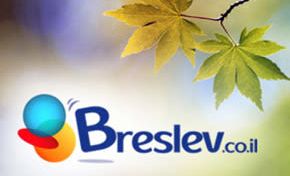


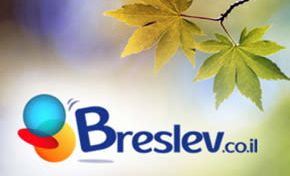
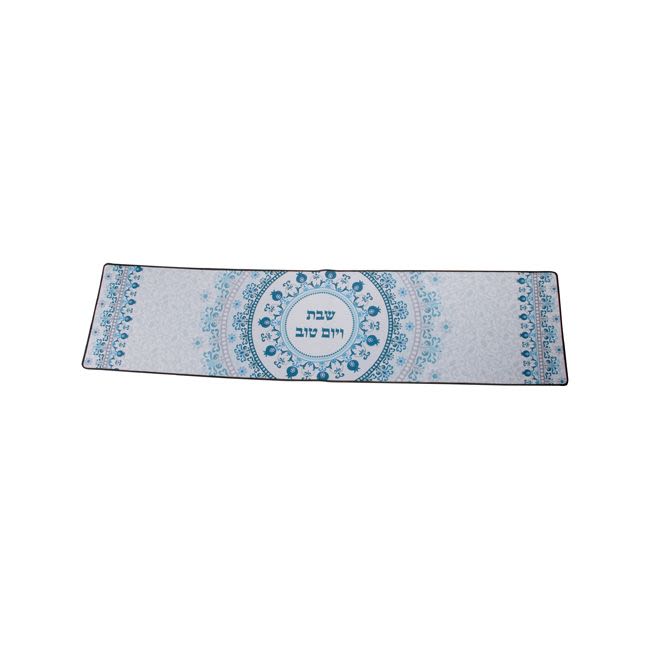

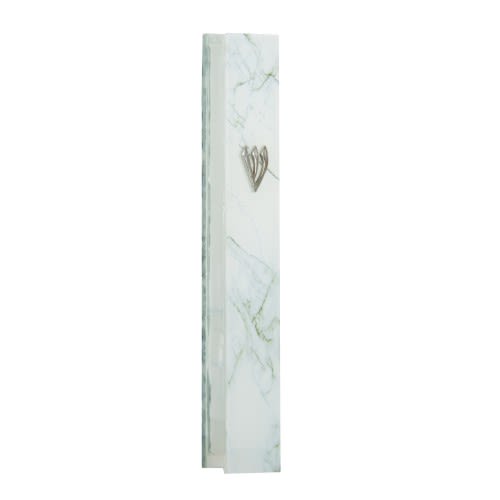
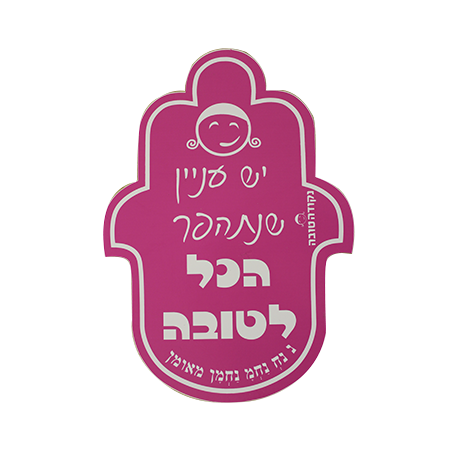

Tell us what you think!
Thank you for your comment!
It will be published after approval by the Editor.